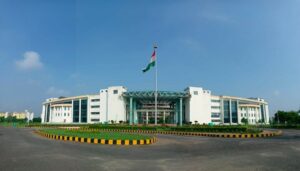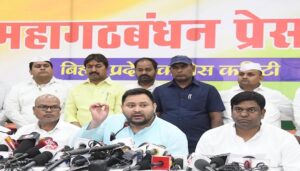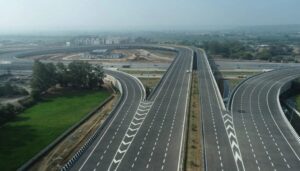Enhanced Air Quality Monitoring in Patna with 50 Low-Cost Sensors
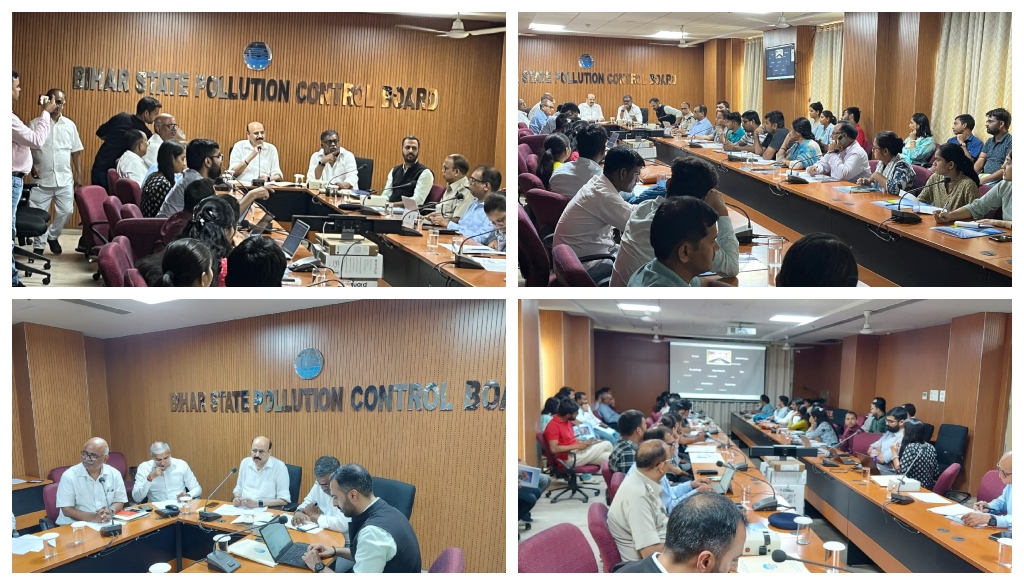
Patna: The Bihar State Pollution Control Board (BSPCB), in collaboration with the United Nations Development Programme (UNDP) India and Development Alternatives (DA), hosted a ‘Stakeholder Consultation and Citizen Scientist Training Event’ on Monday. This initiative is part of a project titled “Hyperlocal Mapping of Air Pollution and GHG Emissions in Patna”, aiming to deploy 50 low-cost air quality monitoring sensors across the city. The goal is to enhance Patna’s air quality and Greenhouse Gas (GHG) emissions monitoring.
The event kicked off with a welcome address by S. Chandrasekar, Member Secretary of BSPCB, who underscored the critical role of community involvement in addressing air pollution. He noted that around 50% of particulate matter (PM 2.5 and PM 10) in Bihar originates from neighbouring states in the Indo- Gangetic Plains, as per a recent study. He highlighted that while the Continuous Ambient Air Quality Monitoring Systems (CAAQMS) provide accurate city-level data, the new low-cost sensors will offer detailed, hyperlocal insights. “This data, accessible via a real-time dashboard, will provide actionable insights for pollution mitigation and foster multi-sectoral participation essential for effective city-level planning,” he said.
Shubham Tandon, Analyst-Resilience at UNDP India, outlined the project’s aims to generate a hyperlocal dataset of air quality and GHG emissions in Patna. He emphasized the importance of deriving actionable insights from this data and formulating strategies to aid the BSPCB in effective pollution control. Tandon also highlighted other UNDP India initiatives, including the GeoAI intervention in Bihar’s brick sector.
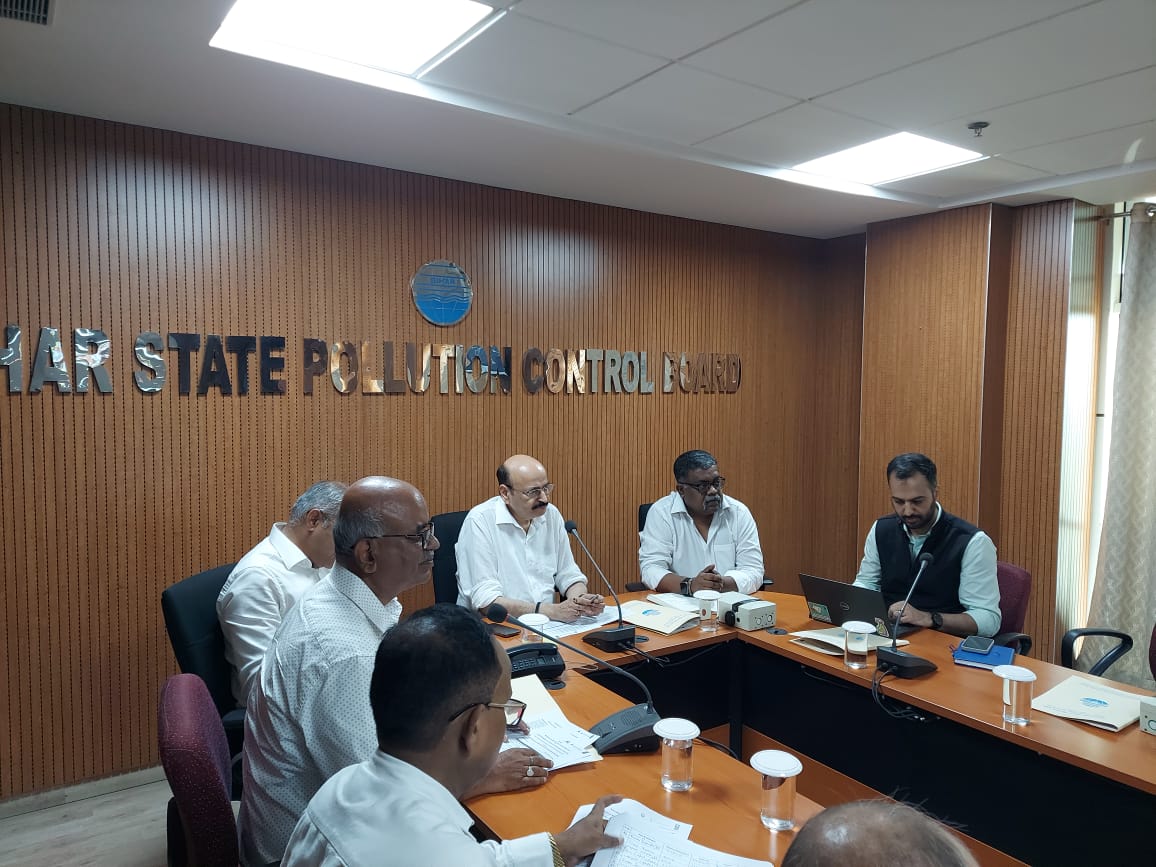
Dr. Soumen Maity, vice-president of DA, delivered the keynote address, focusing on the innovative methods being employed, such as citizen science and IoT (Internet of Things) sensors for real-time data collection. “By leveraging innovative technology and community involvement, we are confident that this project will set a new standard for air quality monitoring and mitigation through data-driven strategies in Patna,” Maity said.
He added: “Our goal through this project isn’t just to collect data, but to understand how this data can improve Patna’s air quality. We aim to translate this information into actionable implementation strategies. Long-term partnerships are essential for identifying and implementing effective solutions in the state.”
Dr. D.K. Shukla, chairman of BSPCB, reinforced the government’s commitment to improving Patna’s air quality in his special address. He noted the rising public awareness of air pollution and its significance, highlighting ongoing studies with IESD Banaras Hindu University and IIT Kanpur to pinpoint pollution sources in Bihar’s districts. “Hyperlocal mapping of air pollution in our city is crucial for identifying the sources that deteriorate Patna’s air quality. With real-time data collection and validation efforts, we can derive immediate actionable insights to mitigate these issues effectively,” Shukla said.
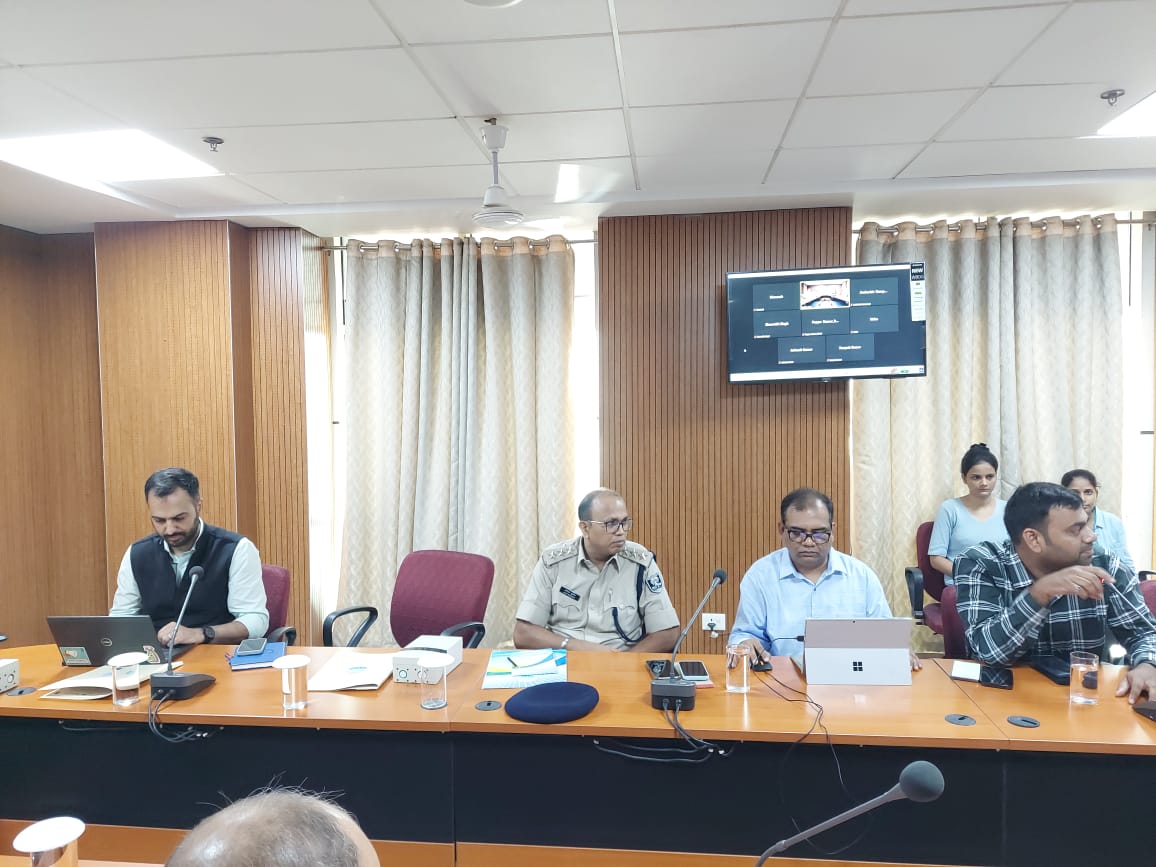
The training sessions featured a presentation on air pollution and the role of citizen scientists, led by Avinash Kumar, programme officer at DA. Participants learned the basics of air quality, the impacts of pollution, and data collection procedures. Demonstrations of air quality sensors were conducted by Dr. Dhirendra Kumar, MD & CEO of Airshed Planning Professional Pvt. Ltd, while Ambarish Narayanan from MistEO Private Limited trained participants on the ‘VAYU by UNDP’ mobile application.
The event concluded with remarks from Dr. Naveen Kumar, Scientist at BSPCB, who emphasized the critical role of newly trained volunteers in collecting and analyzing air pollution data, which will provide invaluable insights into pollution patterns across Patna.


